If you click on a link and make a purchase we may receive a small commission. Read our editorial policy.
The best X-Men stories Marvel Comics has ever published
Looking to get started on X-Men comics? Here are the 10 greatest X-Men stories Marvel has ever published
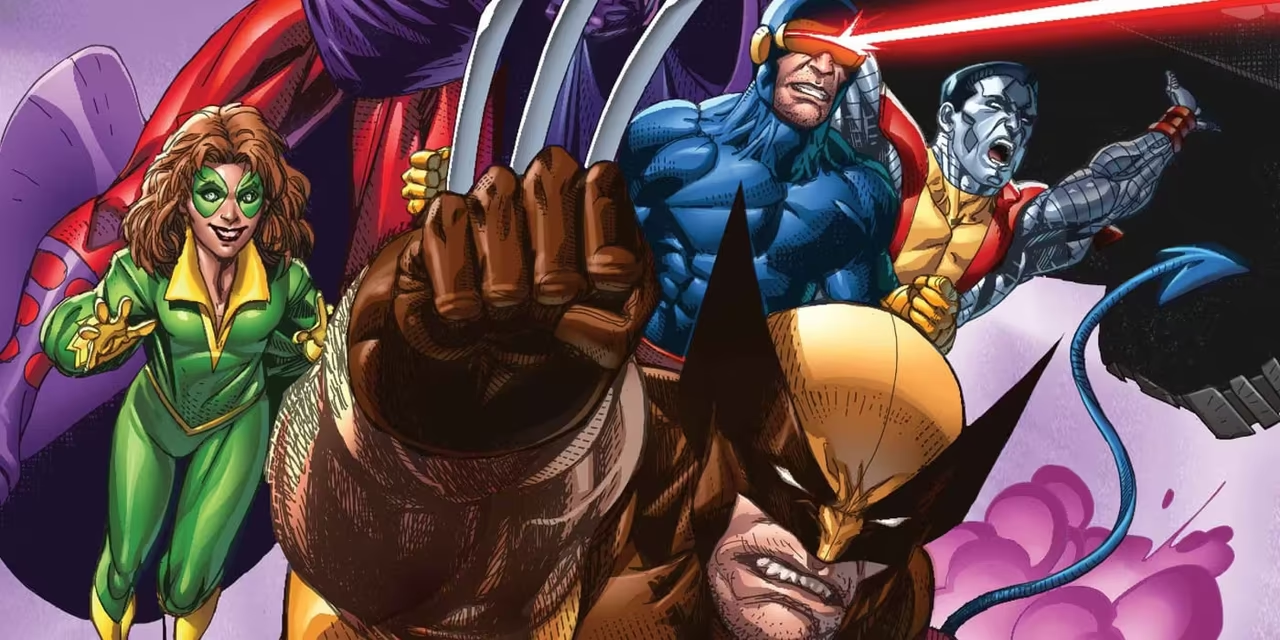
Popverse's top stories
- DC Comics sends Absolute Batman, Absolute Wonder Woman, and the entire Absolute Universe back to press for a massive March rollout
- Creel World Seattle: Stranger Things' Jamie Campbell Bower is coming to ECCC 2026!
- Members only: Ask Ming-Na Wen, Critical Role, Gail Simone, Karl Urban, Chris Claremont, Denys Cowan, and more your questions as part of ECCC x Popverse member exclusive!
Before the 20th Century Fox films, before the hit animated series, and before the fun arcade game, the X-Men were (and still are) Marvel’s biggest comic book stars. Since their debut in 1963, readers have thrilled to the adventures of Professor Charles Xavier and his team of mutant heroes. One of the great things about X-Men is how malleable they are when it comes to storytelling and genre. At times X-Men has been a traditional superhero title, other times it’s been a gripping drama about bigotry and human rights, and sometimes it’s a science fiction title. Either way, readers never know what they’re in for when they dive into an X-Men comic.
As we await the X-Men’s arrival to the Marvel Cinematic Universe, it’s never been a better time to get to know the team. So, if you’re looking to get started on the X-Men, here are the best and most influential comics to read.
Best X-Men comics: X-Men: God Loves, Man Kills (1982)
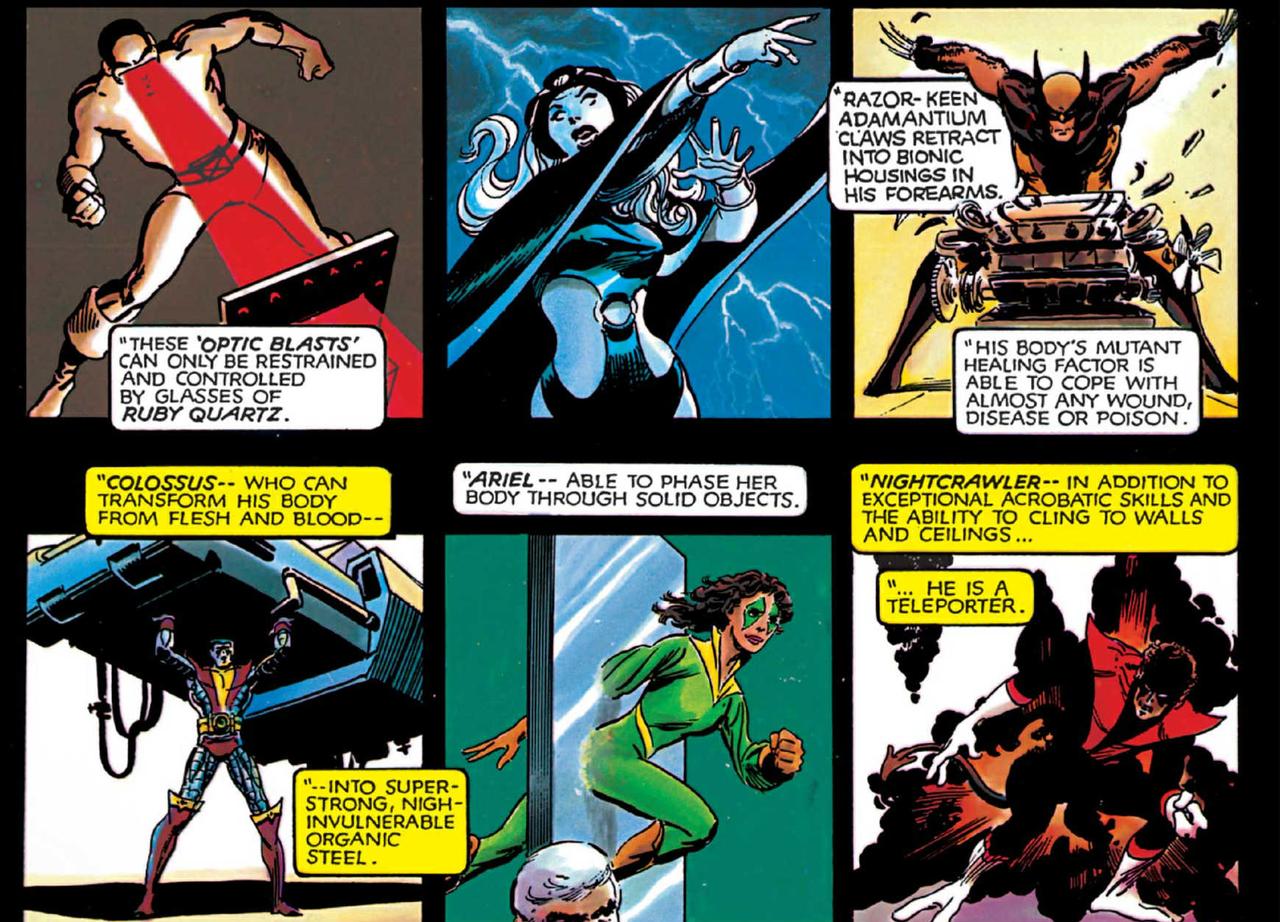
When a televangelist named William Stryker begins a series of anti-mutant sermons, the X-Men are forced to battle something they can’t punch – bigotry. Inspired by Stryker’s rhetoric, a group called the Purifiers violently attack innocent mutants, resulting in the deaths of two young children. When Xavier is kidnapped, Magneto offers the X-Men a more violent path to combatting Stryker’s bigotry, forcing the team to take a second look at Xavier’s mission and ideals.
If you had to sum up the X-Men franchise with one comic, X-Men: God Loves, Man Kills is the perfect book. The prestige graphic novel gets to the heart of what the franchise is about, which is mutants fighting for acceptance in a world that hates them. From Magneto’s violent mission statement to Xavier’s steadfast pacifism, this comic builds on the ideas Stan Lee and Jack Kirby introduced in the Silver Age, placing it in a dark modern setting for an entertaining story. Written by Chris Claremont and penciled by Brent Anderson, God Loves, Man Kills stands out as one of the best X-Men comics ever produced.
Best X-Men comics: The Dark Phoenix Saga (1980)
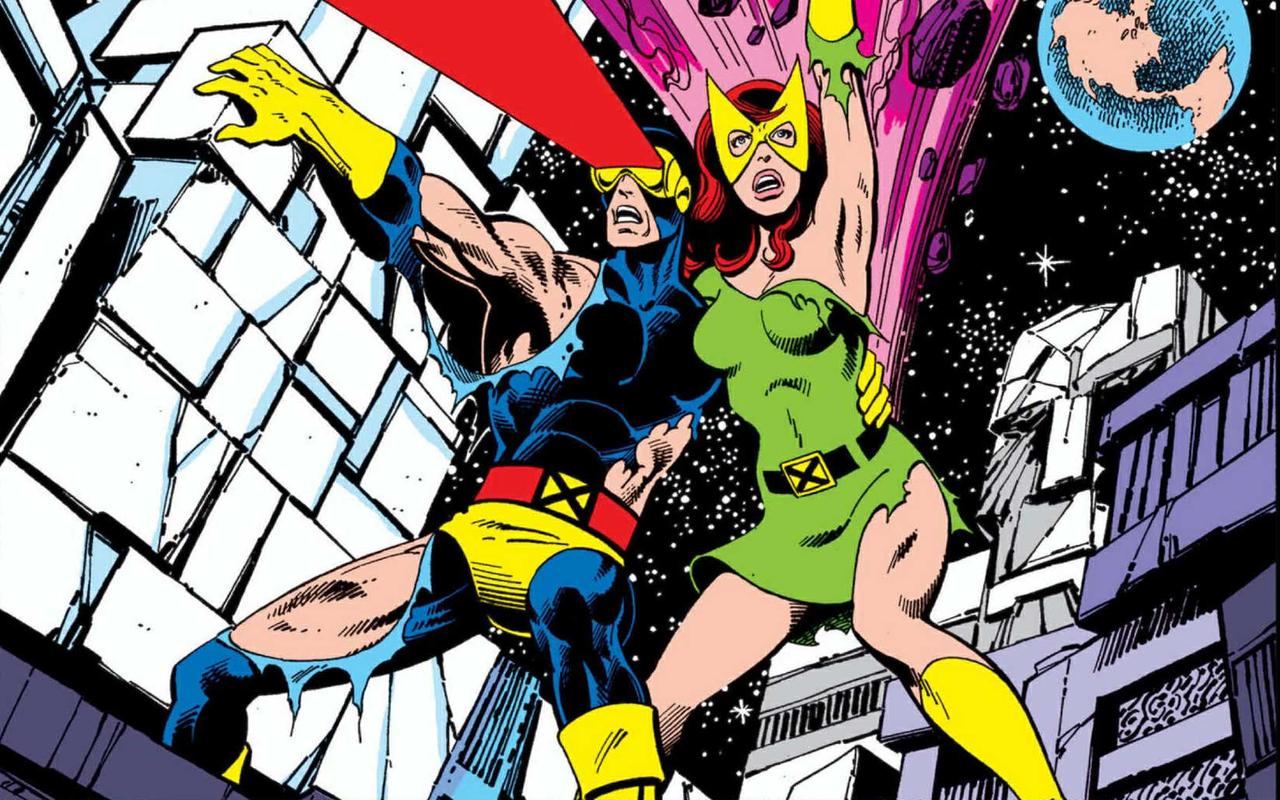
Jean Grey hasn’t been herself. Consumed by a cosmic entity known as the Phoenix Force, her powers have increased a thousandfold. However, those new powers have come at the cost of her sanity, making Jean the most dangerous being in the galaxy. When Jean consumes a star, an entire galaxy is wiped out, killing billions. This forces the Shi’ar Empire to step in, demanding her execution. Can the X-Men bring their fallen friend back from the abyss, or has Jean Grey gone too far?
The Dark Phoenix Saga, which was told in Uncanny X-Men #129-138, is not only one of the biggest turning points in the X-Men franchise, but also for comics. The storyline pushed the boundaries of what superhero comics could be and explored the unseen consequences of power. At the time the Dark Phoenix Saga was published, readers were not used to seeing a longtime hero become consumed by darkness and ultimately sacrifice themselves. Written by Chris Claremont and penciled by John Byrne, the Dark Phoenix Saga remains one of the most influential X-Men comics ever published.
Best X-Men comics: Lifedeath (1984)
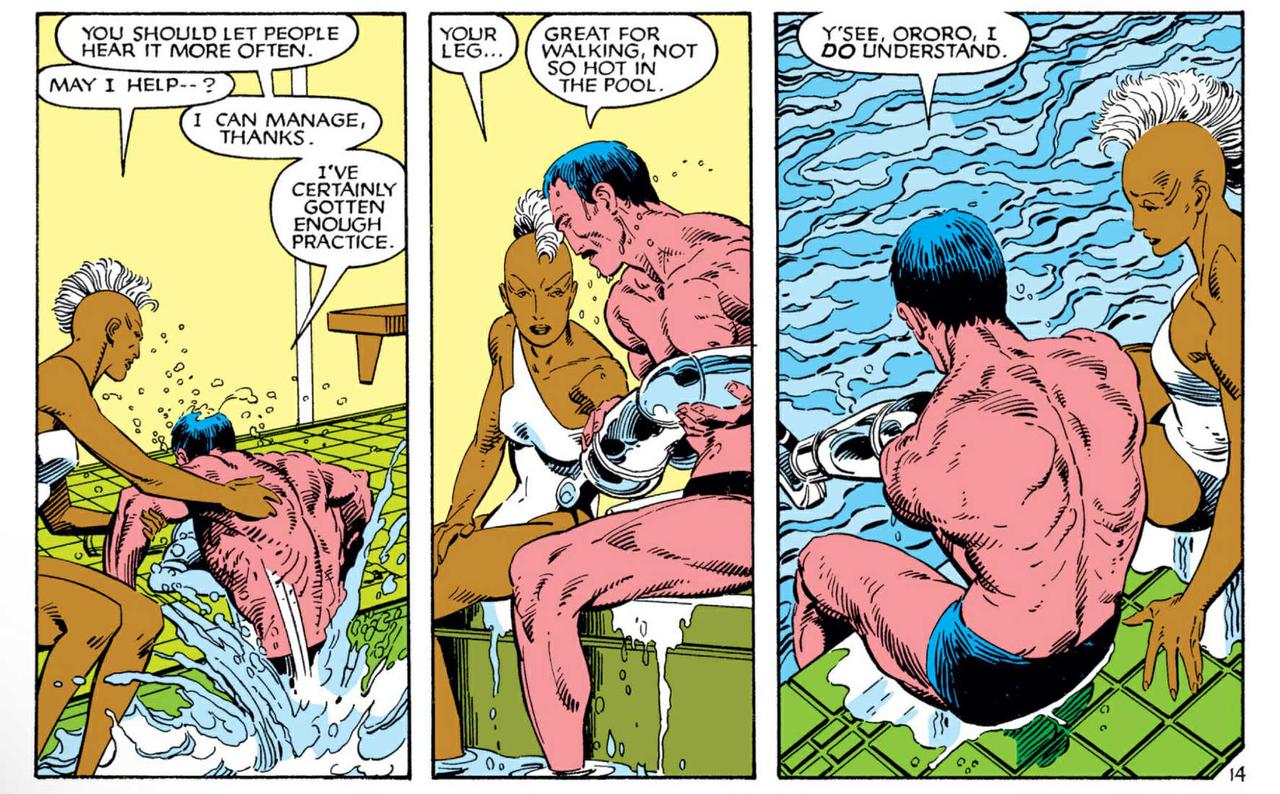
Storm has lost her powers and she’s having an existential crisis. Without the abilities that have defined her identity for most of her life, Storm is no longer certain of her place in the world. A mutant named Forge tries to help Storm put the pieces back together, and they begin to develop a romantic connection. However, that connection is threatened when Storm learns that Forge is responsible for the weapon that took away her powers.
Lifedeath, which was originally published in Uncanny X-Men #186, is not a typical superhero comic. The double-sized issue, written by Chris Claremont and penciled by Barry Windsor-Smith, slows things down to tell a more human story. It challenged the boundaries of superhero comics, showing that they didn’t need wall-to-wall action, and that a full issue of character development is enough to sustain a book. It’s a great reminder of the wide spectrum of storytelling that exists in the Marvel Universe.
Best X-Men comics: Messiah Complex (2007)
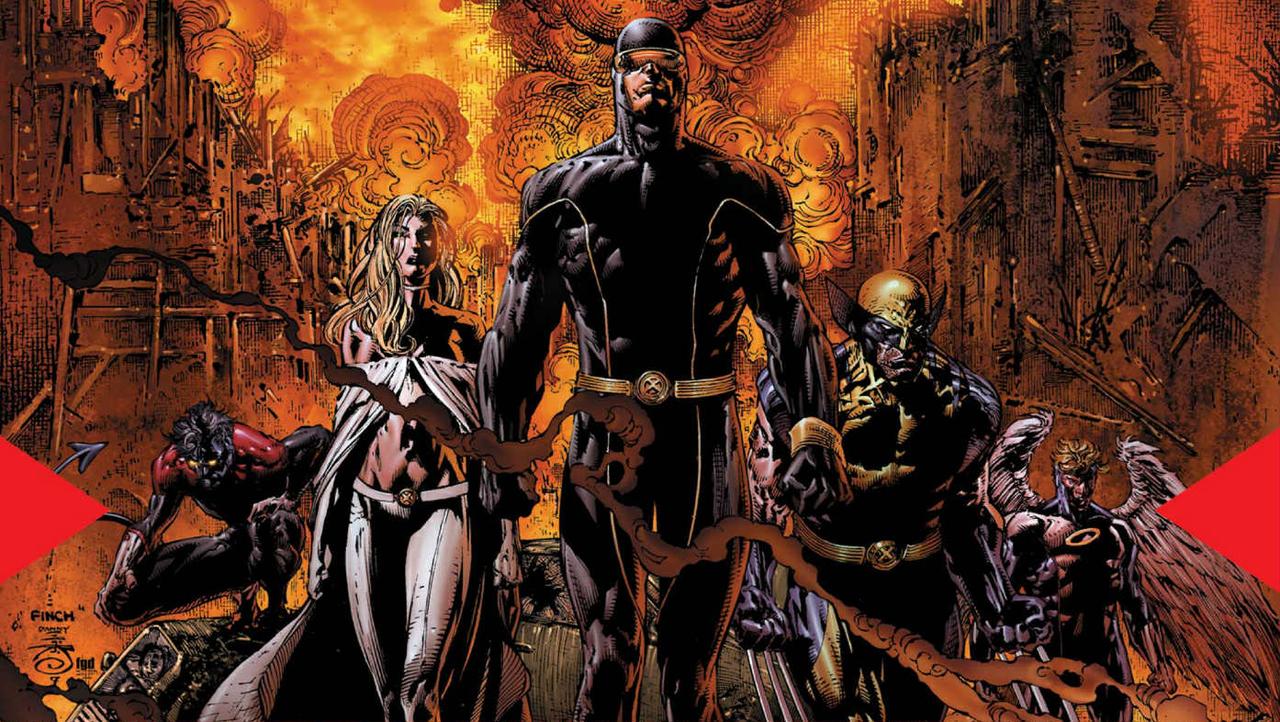
After the events of House of M, mutants have become an endangered species. The Scarlet Witch cast a spell which removed the mutant gene from most of the population, but now a newborn child has changed everything. The infant is the first person born with the mutant gene since the Scarlet Witch’s spell, and everyone wants a piece of the child. It’s a race against time as the X-Men fight off villains, anti-mutant protesters, and more as the fate of mutantkind’s future hangs in the balance.
Messiah Complex sent a simple and powerful message to X-Men readers – all bets are off. I won’t spoil all the developments in this crossover, but the storyline (temporarily) killed off a longtime character, and set the team on a dark new direction. Not only that, but it was an exciting storyline written by some of the greatest creators of the era, including Ed Brubaker, Mike Carey, Peter David, Craig Kyle and Christopher Yost. There was also stunning art and dynamic actions sequences from Marc Silvestri, Billy Tan, Scot Eaton, Humberto Ramos and Chris Bachalo.
Best X-Men comics: Days of Future Past (1980)
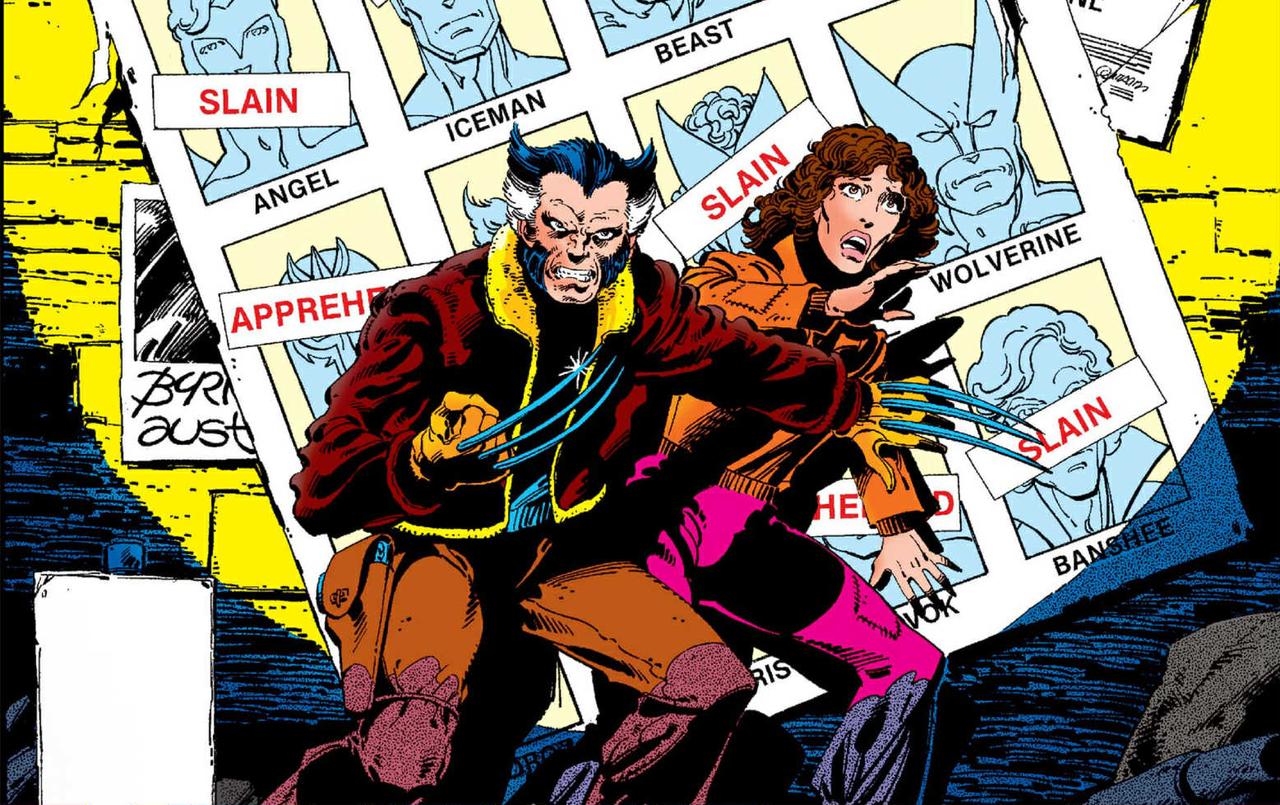
The year is 2013, and the X-Men have lost. Mutants are being hunted by giant Sentinel robots, and those who are caught are either killed or placed in internment camps. Many of the X-Men have perished, and those that are left see little hope in surviving this dystopian future. Seeking to change the course of history, Kitty Pryde is sent back to 1980 to stop the events that led to this dark tomorrow.
Originally published in Uncanny X-Men #141-142, Days of Future Past is one of the most celebrated X-Men stories ever told. It’s been adapted in the 1992 animated series and even expanded into a full-length theatrical film in 2014. The cover to issue 142, featuring posts of the captured and slain X-Men, has gone down in history as one of the most famous covers of the Bronze Age of Comics. Written by Chris Claremont and penciled by John Byrne, Days of Future Past was a game changer, and is essential reading for all X-Men fans.
Best X-Men comics: House of X/Powers of X (2019)
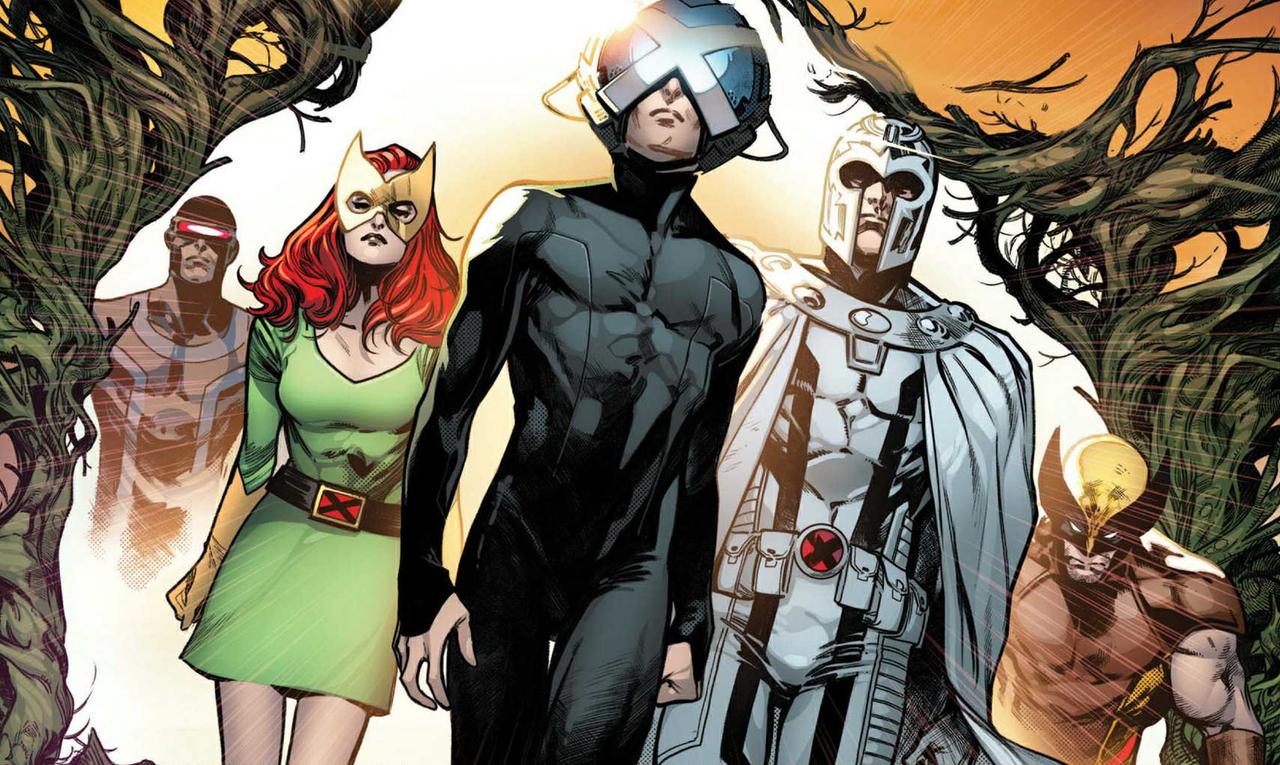
After years of being rejected by humanity, the mutants formally form their own nation on the living island of Krakoa. The new nation offers amnesty for all mutants, including villains like Mr. Sinister. Using the island’s resources, and combining several mutant’s powers, the X-Men are able to create the Resurrection Protocols, ensuring that no mutant ever has to die. Is this a new beginning for mutants, or is the Krakoa government built on a foundation that is doomed to fail?
House of X and Powers of X are two intertwining miniseries which kicked off what’s known as the X-Men’s Krakoan Age. This fundamentally changed everything about the X-Men for years. They were no longer a school; they were now a nation. It also changed Xavier’s mission, which had been unshakeable since the Silver Age. Xavier was no longer trying to assimilate with mankind, but instead form his own nation, with their own government and set of rules. Written by Jonathan Hickman with art by R.B. Silva, House of X and Powers of X was the biggest shakeup the X-Men comics had seen since the 1970s.
Best X-Men comics: Age of Apocalypse (1995)
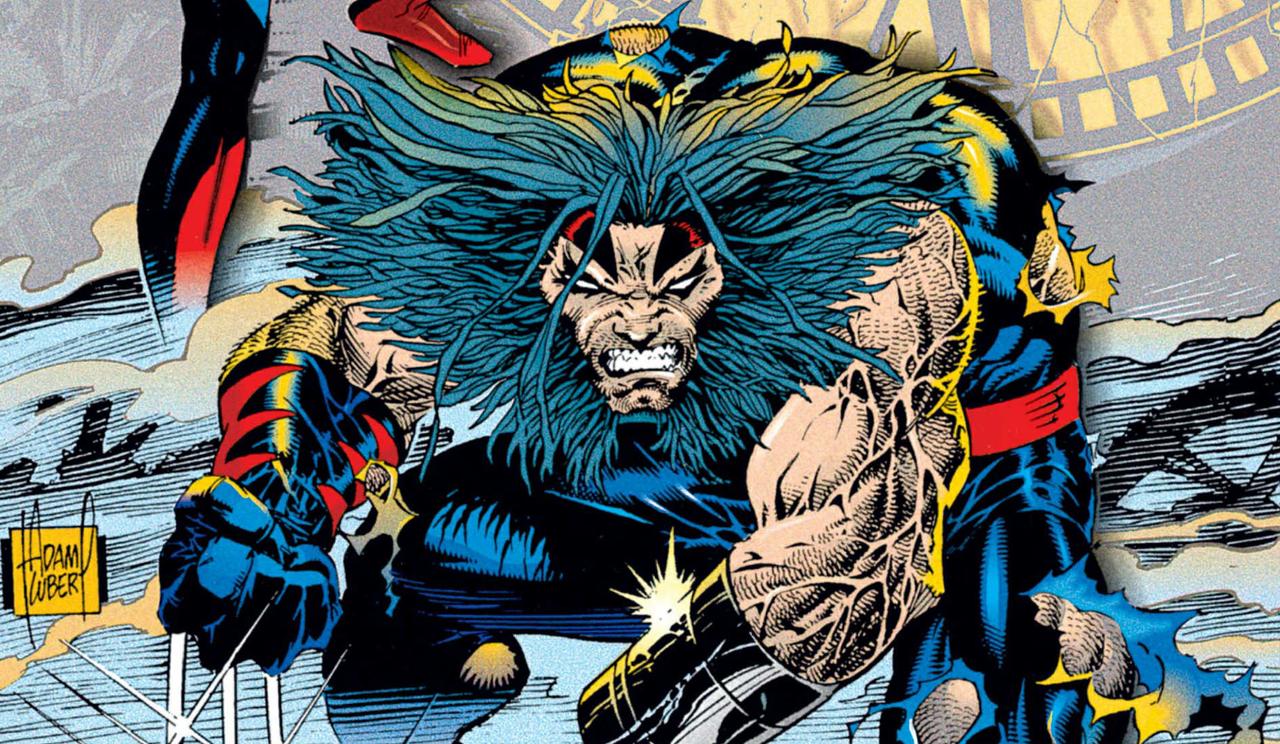
A time-traveler named Legion journeys to the past to stop Magneto’s rise to power before it turns humanity against mutants. However, Legion accidentally kills Charles Xavier, changing the course of history. Now the mutant known as Apocalypse controls the planet, and the only way to set things right to is to go back and prevent Xavier’s death. As you can imagine, Apocalypse is not to keen on giving up control, and he’ll stop at nothing to prevent this from happening.
Age of Apocalypse was a storyline that ran through all the X-Men titles in 1995, with every writer and artist lending their hand. During the storyline, all the X-Men comics were temporarily cancelled for four months and replaced with new titles set in the dystopian reality ruled by Apocalypse. For example, Uncanny X-Men became Astonishing X-Men, and X-Factor became Factor X. This made Age of Apocalypse feel more consequential and allowed readers to really live in and explore this new world. It’s one of the biggest storylines Marvel published in the ‘90s, and it isn’t hard to see why.
Best X-Men comics: E is For Extinction (2001)
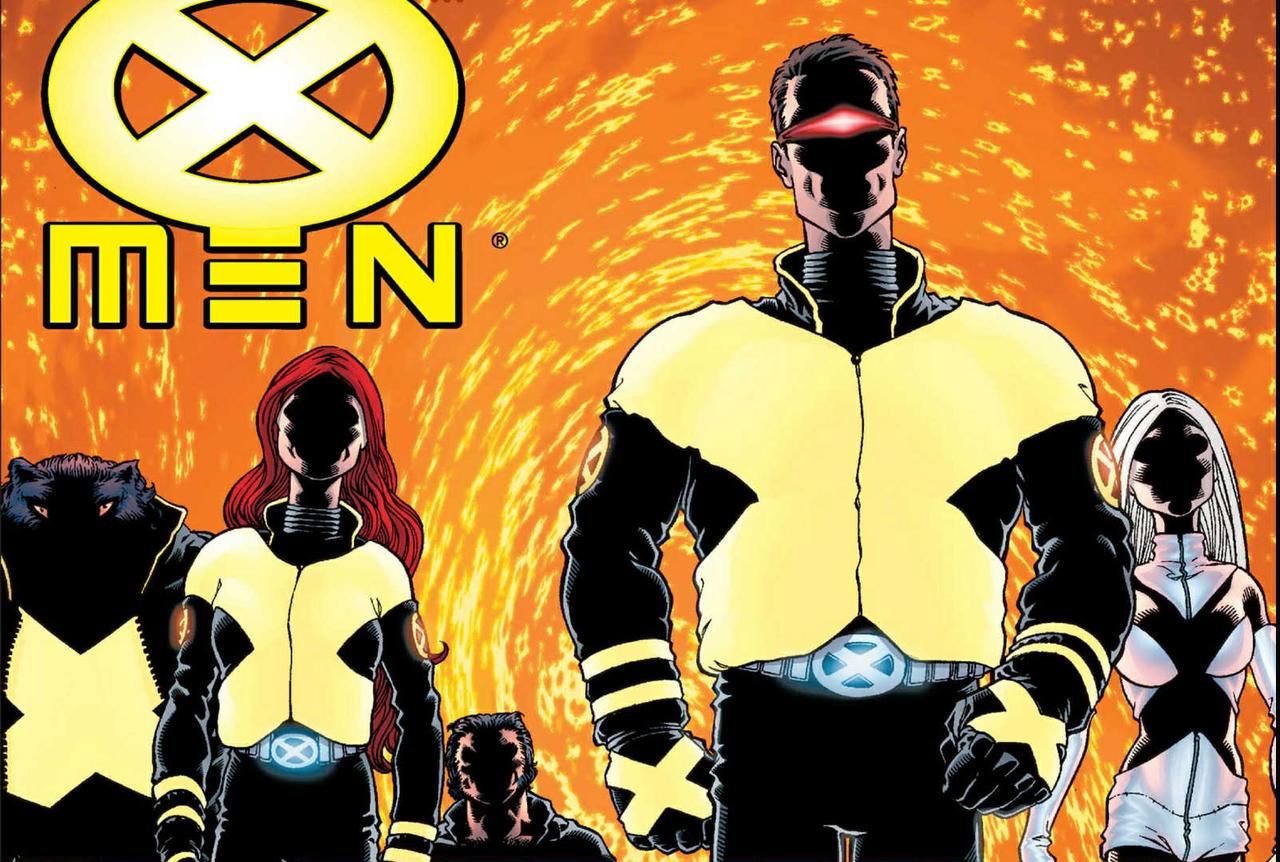
A mysterious mutant named Cassandra Nova sets her sights on the X-Men. Nova’s first major act is using a group of Sentinels to destroying the mutant nation of Genosha, killing over 16 million mutants. And that was just Nova getting started. What is his villain’s mysterious secret, and what is her connection to Charles Xavier’s past? The answers to these questions will change the X-Men forever.
E is for Extinction, originally published in New X-Men #114-116, kicked off Grant Morrison and Frank Quitely’s legendary X-Men run. Frank Quitely gave the team dynamic new costumes, and Morrison’s introduction of Cassandra Nova and destruction of Genosha made it clear that all bets were off. With Nova, Morrison and Quitely created the most exciting (and dangerous) X-Men villain in decades. E is for Extinction grabs readers from the first page and keeps them on a wild ride with every panel.
Best X-Men comics: Magneto Testament (2008)
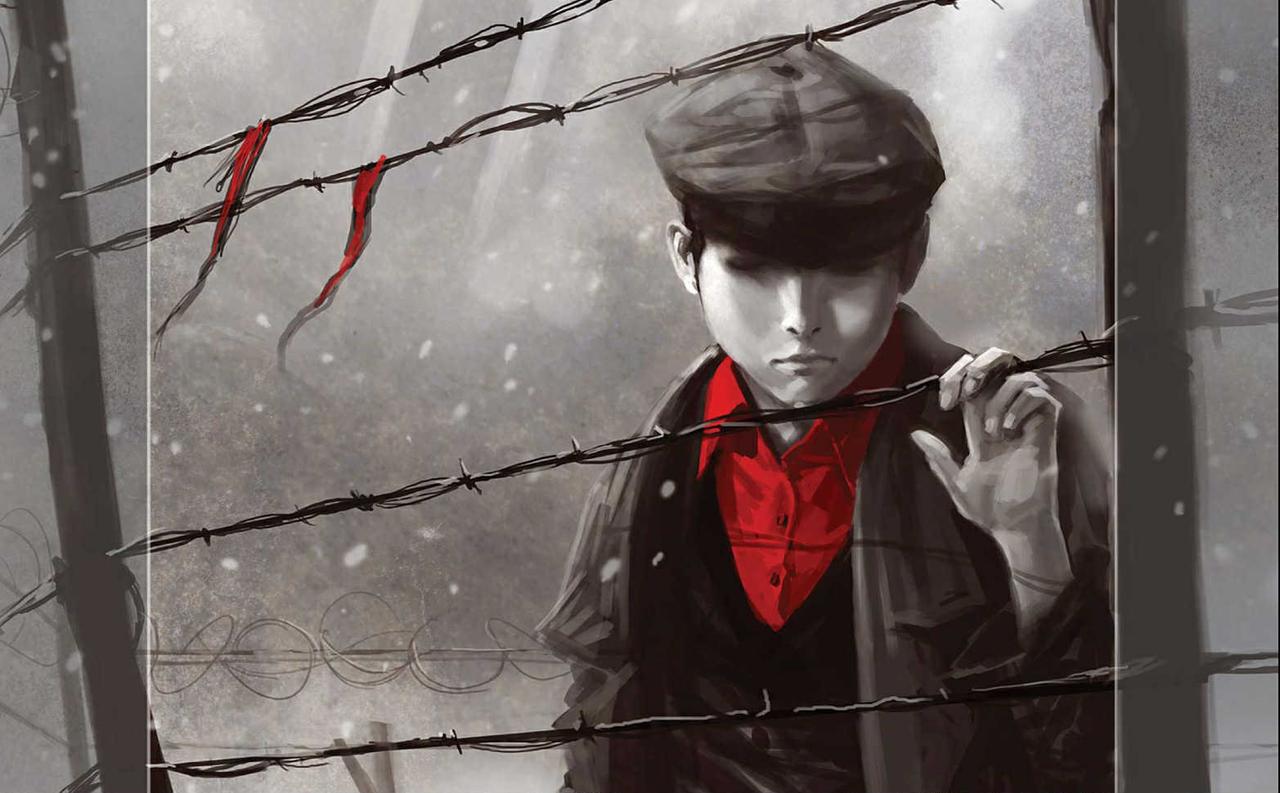
Before Magneto was one of the world’s most powerful mutants, he was a young Jewish boy named Max Eisenhardt. Growing up in Germany during the rise of the Nazi regime, Max and his family were forced to flee in order to survive. The young boy lived in the Warsaw Ghetto before winding up in Auschwitz. Max’s experiences during the Holocaust teach him how to survive and shape the worldview that he would try to implement when he became the villainous Magneto.
Magneto Testament was originally published as a five-issue limited series. Written by Greg Pak with art by Marko Djurdjevic and Carmine DI Giandomenico, the limited series explored Magneto’s childhood in a way no other comic had before. The series was also the first to give him the name Max Eisenhardt. Magneto Testament is a powerful tale that doesn’t shy away from depicting the horrors of the Holocaust, and after reading it you’ll never look at Magneto the same way again.
Best X-Men comics: Wolverine (1982)
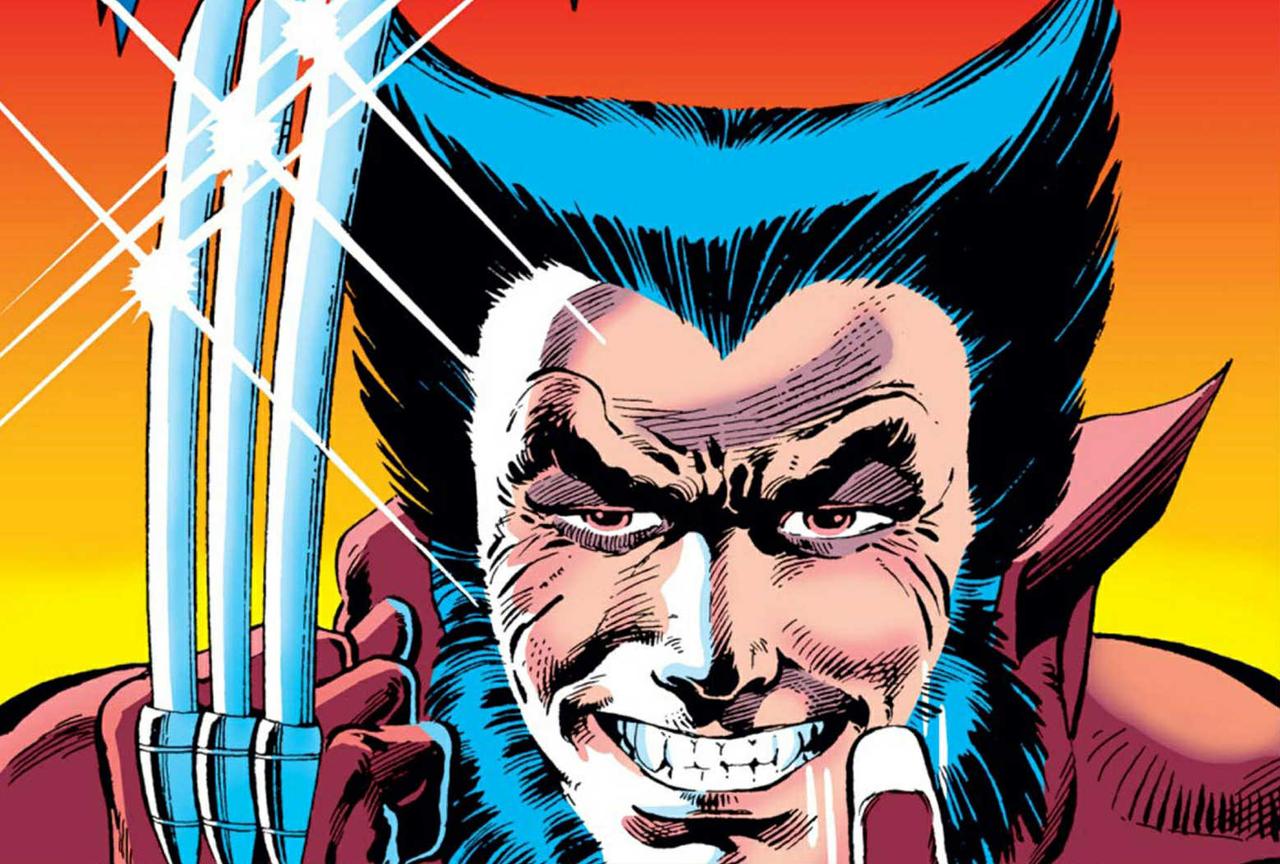
Worried that his lover Mariko Yashida is in danger, Wolverine travels to Japan to investigate. Discovering that Mariko’s father Lord Shingen Yashida is trying to force his daughter into an arranged marriage, Wolverine challenges the yakuza boss to battle. Shingen defeats and humiliates Wolverine, wounding both his body and his ego. However, with the help of an assassin named Yukio, Wolverine is ready to reclaim his honor and save Mariko. Oh, and beat up a bunch of yakuza ninjas along the way.
It might be hard to believe now, but at the time this story was published, Wolverine had never headlined his own comic. The 1982 limited series proved that he could support his own solo title and explored his character in a deeper way than previous comics had. It helps that the series was written by Chris Claremont and illustrated by Frank Miller and Joe Rubinstein, who gave Logan some kickass action scenes.
Want to know what's coming up next in pop culture? Check out Popverse's guides to:
Follow Popverse for upcoming event coverage and news
Find out how we conduct our review by reading our review policy
Let Popverse be your tour guide through the wilderness of pop culture
Sign in and let us help you find your new favorite thing.


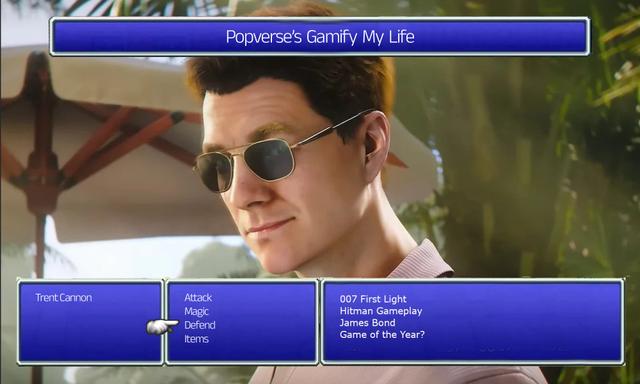













Comments
Want to join the discussion? Please activate your account first.
Visit Reedpop ID if you need to resend the confirmation email.